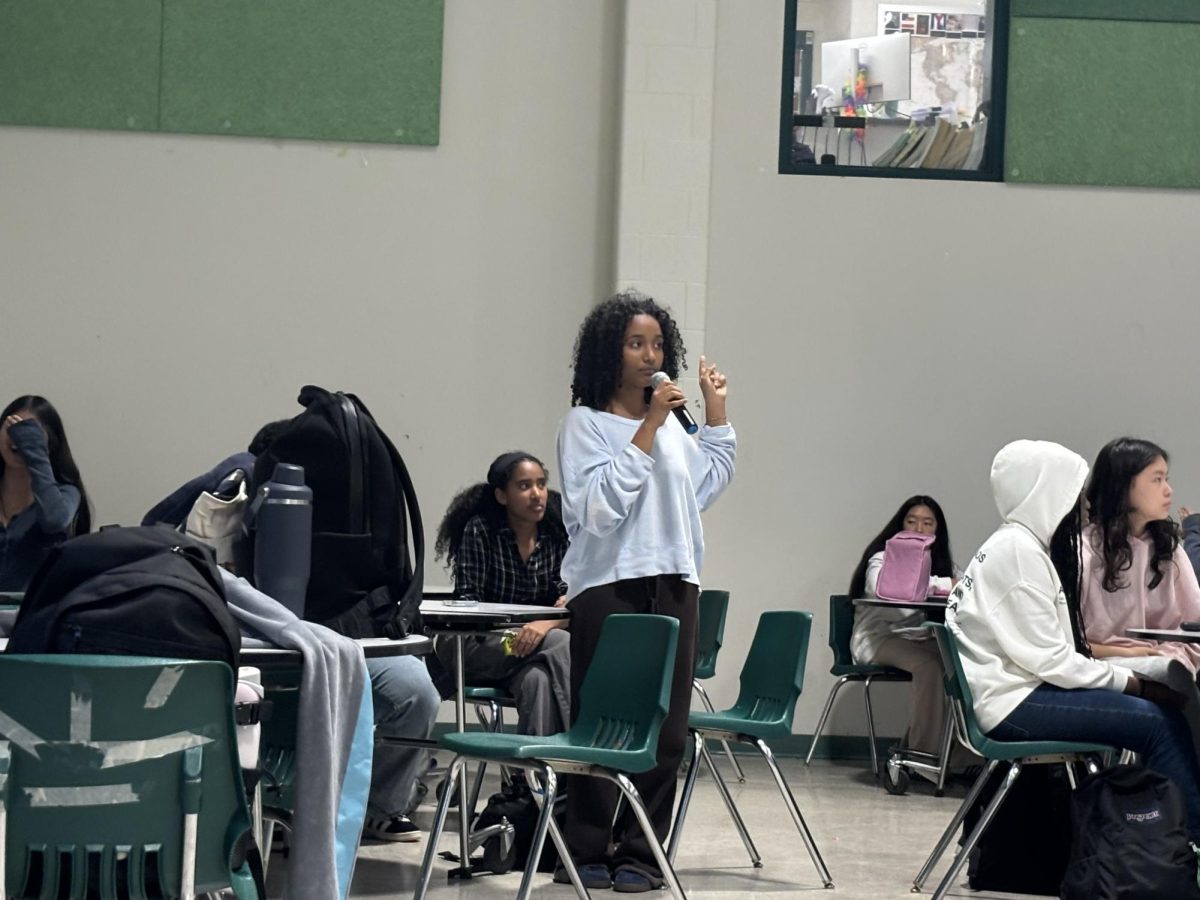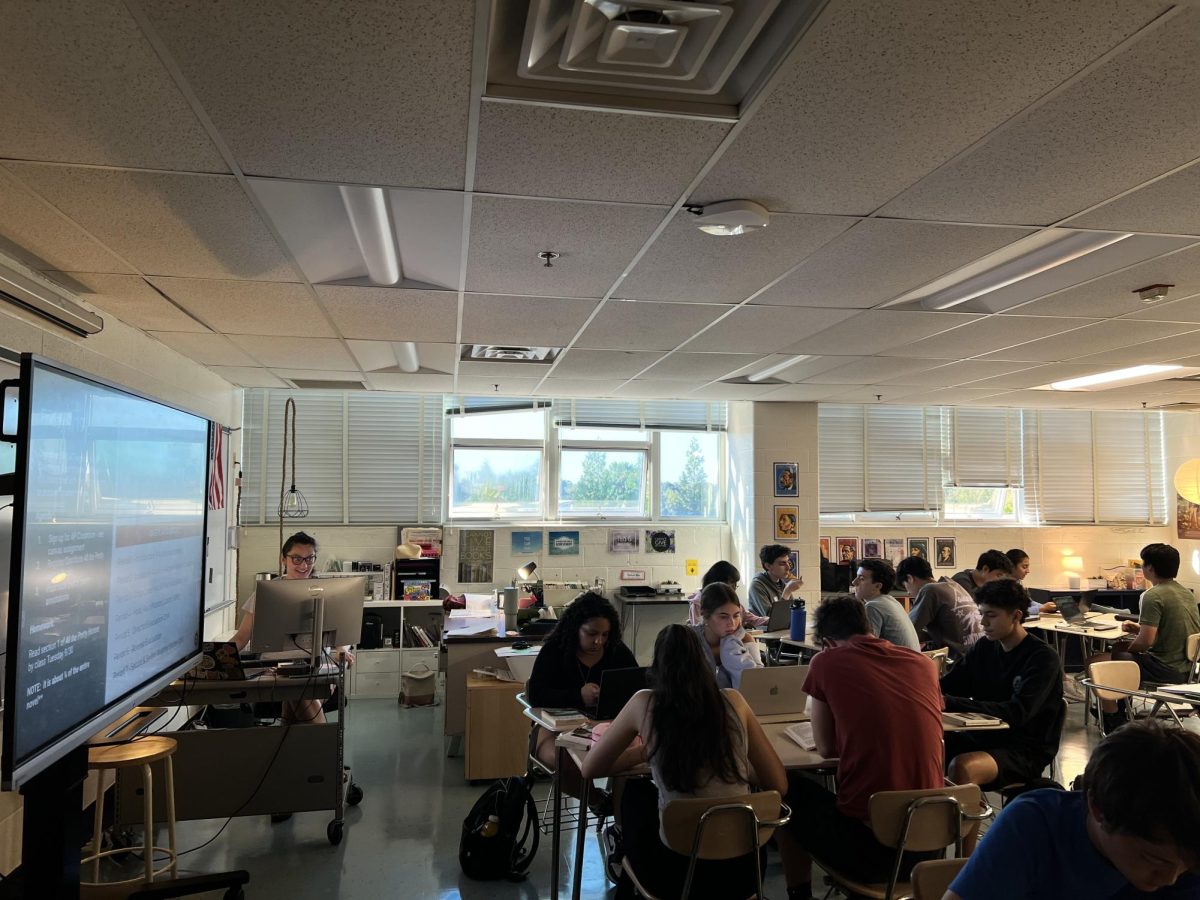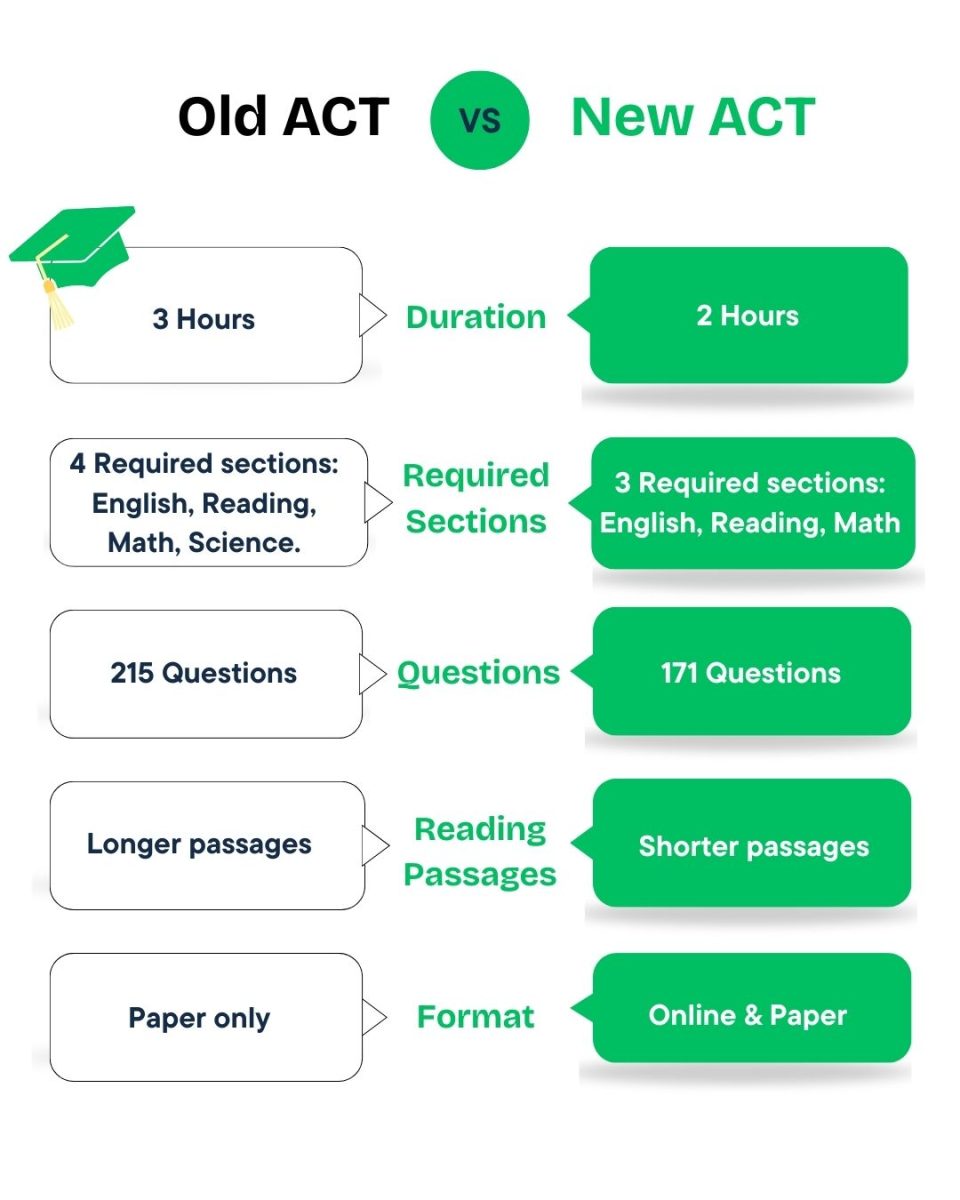In early November, students watched a video on social media misuse. Students learned not only how social media can be dangerous, but that their actions on social media outlets can have lasting impacts on their college and professional careers.
WJ Athletic Director Tom Rogers noted how social media posts can have negative impacts on college athletic careers.
“Your social media posts need to be smart and clean,” Rogers said.
Rogers acknowledged that college coaches look at social media when recruiting students, and that having a clean social media footprint is extremely important. In addition to athletics, the video also showcased a story from the Today Show in which admitted Harvard students had their admission revoked due to inappropriate social media posts, specifically memes. These posts were offensive and made fun of the death of children and other horrific incidents.
After seeing these posts, Harvard’s board of admissions rescinded the students’ applications. While Harvard doesn’t comment publicly on the admissions status of individual applicants, they did state that these rejections would be final. The video also showed a clip of Amy Adler, a professor at the New York University Law School who shared the impacts of social media as part of an NBC news article about the revoked Harvard admissions.
“Very little you say online is private… the footprint you leave online lasts a very long time, so it requires you to consistently exercise judgment,” Adler commented.
Colleges aren’t the only ones looking at social media before making decisions about students. Employers also pay attention to potential employees’ social media footprint, and inappropriate or disrespectful posts can have an impact on companies selecting new hires. According to Career Builder, a job and resume search site, nearly 70% of employers spend time “snooping” on candidates’ social media profiles prior to them hiring an employee.
The presentation also included examples of real life bullying, which was carried out by actors, while the bystanders were ordinary people. Actors made religiously-offensive, body shaming and homophobic comments to the other actors, who were playing the victims. These comments were things that were actually said online and bystanders quickly took action.
Bystanders, who were not actors, were shocked by horrific comments that were so mean and hurtful and in these clips there was always someone there to protect the victim. This left students and staff wondering: if people will stand up for you in real life, why wouldn’t they do the same on social media?
WJ students were not only horrified by these horrible comments, which actually were said to someone in real life, but are now also aware of the possible consequences of abusing social media outlets.
“[Social media] can be damaging to others and yourself if you misuse it,” senior Matt Holden said.
Prior to the social media presentation, students learned about the consequences and health impacts of vaping. Students learned that Juul and other e-cigarette companies profit greatly off of teenagers.
Health teacher Lorraine Goldstein spoke about the health consequences of vaping and said that consumers don’t know exactly what the impacts are simply because there are so many flavors and brands on the market.
Moving forward, students now know that they have to pay more attention to what they decide to post on social media, and that it not only can really hurt someone else’s feelings, but it can have a drastic impact on their own future in college and beyond.









